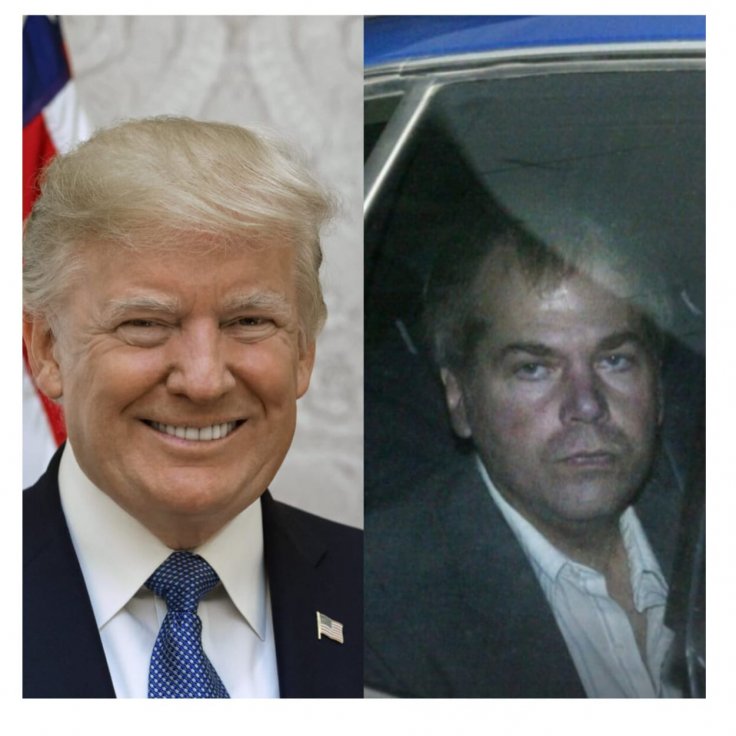In a disturbing twist following the 2024 U.S. election, former President Ronald Reagan's would-be assassin, John Hinckley Jr., has drawn unsettling attention online. Social media users on the platform X (formerly Twitter) have posted messages attempting to "recruit" Hinckley to target President-elect Donald Trump, whose victory in the recent election sparked heated responses online.

On November 5, shortly after Trump's win was announced, Hinckley shared a link to his website, which primarily features his music endeavors. However, this post quickly became a focal point for a barrage of dark messages from users. Some users on X posted comments calling Hinckley a "hero," suggesting he "come out of retirement," and even offered financial support for a supposed "job" aimed at the president-elect.
The requests, though extreme, reflect a polarizing reaction to Trump's political return. After two previous assassination attempts during his campaign, Trump's team is reportedly under even stricter security. These social media messages have stirred enough concern that federal authorities, including the Secret Service, are now monitoring the posts. In a statement to TMZ, a Secret Service spokesperson confirmed they are "aware of the social media posts," though they declined further comment on any "protective intelligence matters."
John Hinckley Jr., who attempted to assassinate President Reagan in 1981, spent over three decades in a psychiatric institution before his conditional release in 2016. Since then, he has reportedly led a quiet life, focusing on personal hobbies and music. His release was controversial, with figures like Trump criticizing the decision. At the time, Trump voiced concerns that Hinckley, despite his years in treatment, could still pose a risk.
Hinckley's recent posts on X included a message urging people to "choose peace." This came after an assassination attempt on Trump during a campaign rally in Butler, Pennsylvania, in July, which Hinckley condemned, calling for "non-violence" and emphasizing that "violence is not the way to go." These statements suggested he had moved away from his past actions, hoping to stay out of political turmoil.
Trump, now 78, has remained a target of controversial social media rhetoric, reflecting the deep divisions in U.S. politics. While the Secret Service continues to monitor threats made online, security concerns remain high as Trump prepares to return to office. His recent win has further polarized opinions, and the current online environment reflects a broader shift toward alarming, sometimes violent commentary on social platforms.
The response from the Secret Service suggests vigilance regarding these issues but also indicates a focus on prevention. The agency has faced scrutiny following two security breaches during the election campaign, leading to internal reviews and procedural adjustments.
Public figures often become the focus of online threats, but the mention of Hinckley has added a particularly unsettling tone. Reagan's would-be assassin is an infamous figure, and these social media comments serve as a reminder of the persistent dangers public officials face in today's digital age.
As the transition to Trump's presidency unfolds, the Secret Service's monitoring of online threats and protective measures around him will likely remain intense, especially as he resumes the role of one of the most polarizing figures in American politics.
The Secret Service's cautious approach reflects their commitment to maintaining safety despite the charged social media landscape. For Trump, such precautions underscore the importance of protective intelligence in safeguarding political leaders.








